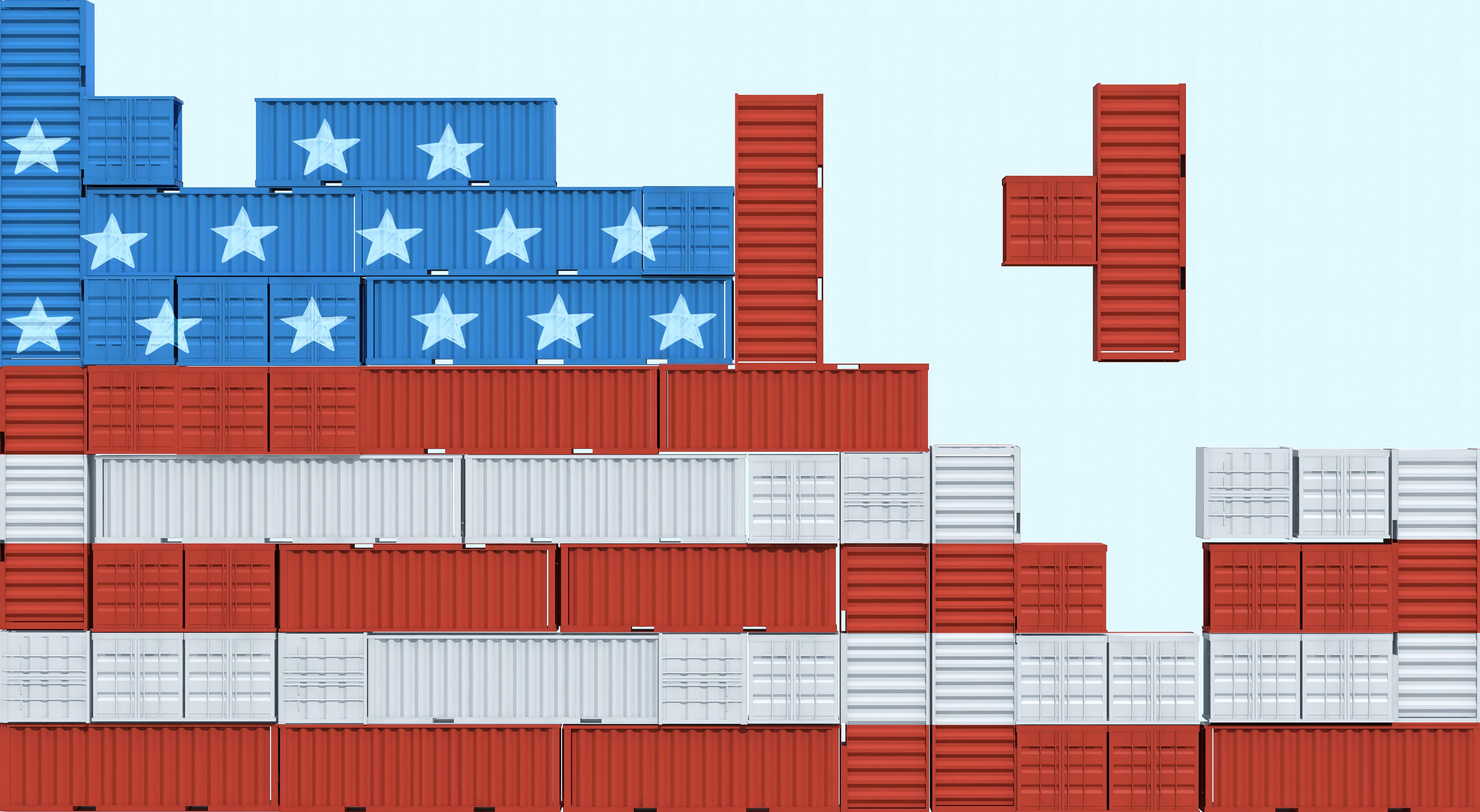Tariff Negotiations and Their Impact on Global Food Trade for 2025
Understanding Tariff Negotiations
As the world becomes increasingly interconnected, tariff negotiations have become a crucial aspect of international trade. These negotiations can significantly impact various sectors, including the global food trade. In 2025, as countries strive to balance domestic interests with international obligations, the complexities of tariff negotiations are more critical than ever.
Tariffs are taxes imposed on imported goods, and governments use them to protect local industries from foreign competition. They can influence the price and availability of food products in global markets. As such, understanding the dynamics of tariff negotiations is essential for stakeholders in the agricultural and food sectors.

The Role of Major Players
In the global arena, major players such as the United States, China, and the European Union hold significant sway in tariff negotiations. Their decisions can set precedents that smaller nations may follow. For instance, a reduction in tariffs by these economic giants can lead to increased trade volumes and lower prices for consumers worldwide.
However, these negotiations are often complex and influenced by numerous factors, including geopolitical tensions and economic policies. In 2025, the emphasis on sustainable practices and climate change is also shaping the outcomes of these discussions, as countries seek to promote environmentally friendly trade policies.

Impact on Developing Nations
Developing nations often face unique challenges in tariff negotiations. While they stand to benefit from reduced tariffs through increased market access, they may also struggle to compete with more developed economies. Balancing these interests requires careful negotiation strategies that prioritize both economic growth and food security.
In regions where agriculture is a primary economic driver, changes in tariff policies can have profound impacts. For example, a sudden increase in import tariffs by a major trading partner can disrupt local markets, leading to volatility in prices and supply chains. Conversely, favorable tariff agreements can bolster exports and stimulate growth in these economies.

Consumer Implications
Tariff negotiations not only affect producers but also have direct implications for consumers. Changes in tariffs can lead to fluctuations in food prices, influencing consumer purchasing power. In 2025, consumers are increasingly aware of how international trade policies affect their daily lives, leading to greater public interest and scrutiny of these negotiations.
With a growing global population, ensuring affordable and accessible food supplies is more important than ever. Tariff negotiations play a pivotal role in this context by shaping the availability and pricing of essential commodities across borders.

The Future of Global Food Trade
Looking ahead, the future of global food trade hinges on successful tariff negotiations that accommodate the needs of diverse stakeholders. As countries continue to grapple with challenges such as climate change, resource scarcity, and population growth, collaborative efforts are essential for sustainable solutions.
Innovative approaches such as digital trade platforms and blockchain technology are also emerging as tools to facilitate smoother tariff negotiations and enhance transparency in the food trade sector. By embracing these innovations, countries can streamline processes and reduce the potential for disputes.

Conclusion
In conclusion, tariff negotiations are a vital component of the global food trade landscape. As we move further into 2025, understanding their impact is crucial for policymakers, businesses, and consumers alike. By fostering cooperative international relationships and prioritizing sustainable practices, the global community can work towards a more equitable and resilient food trade system.
Commercial Kitchen Marketplace
Your one-stop online destination for equipping professional kitchens. Discover a wide selection of durable, high-quality commercial-grade appliances, from heavy-duty ovens and refrigeration units to efficient food preparation tools and essential kitchenware. Visit our store: http://avice.org
